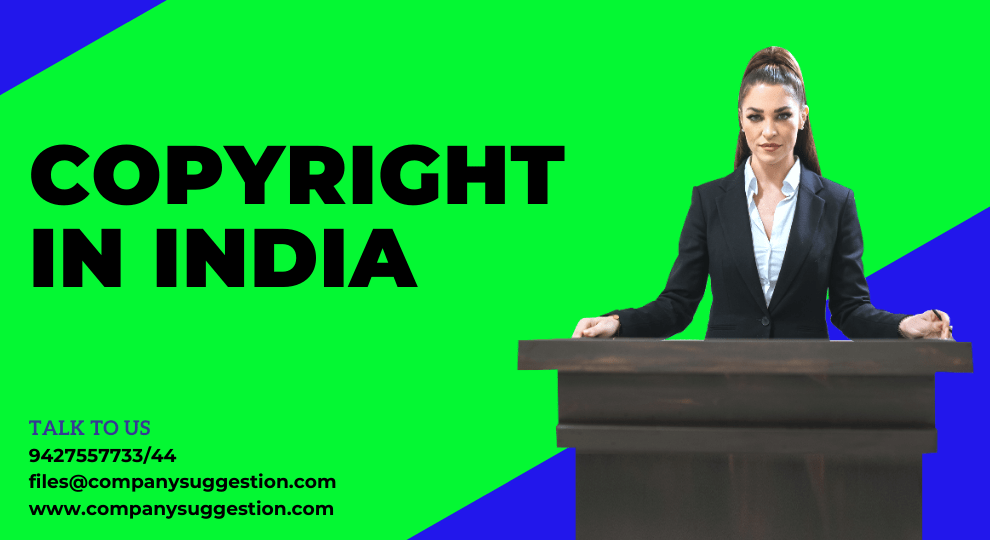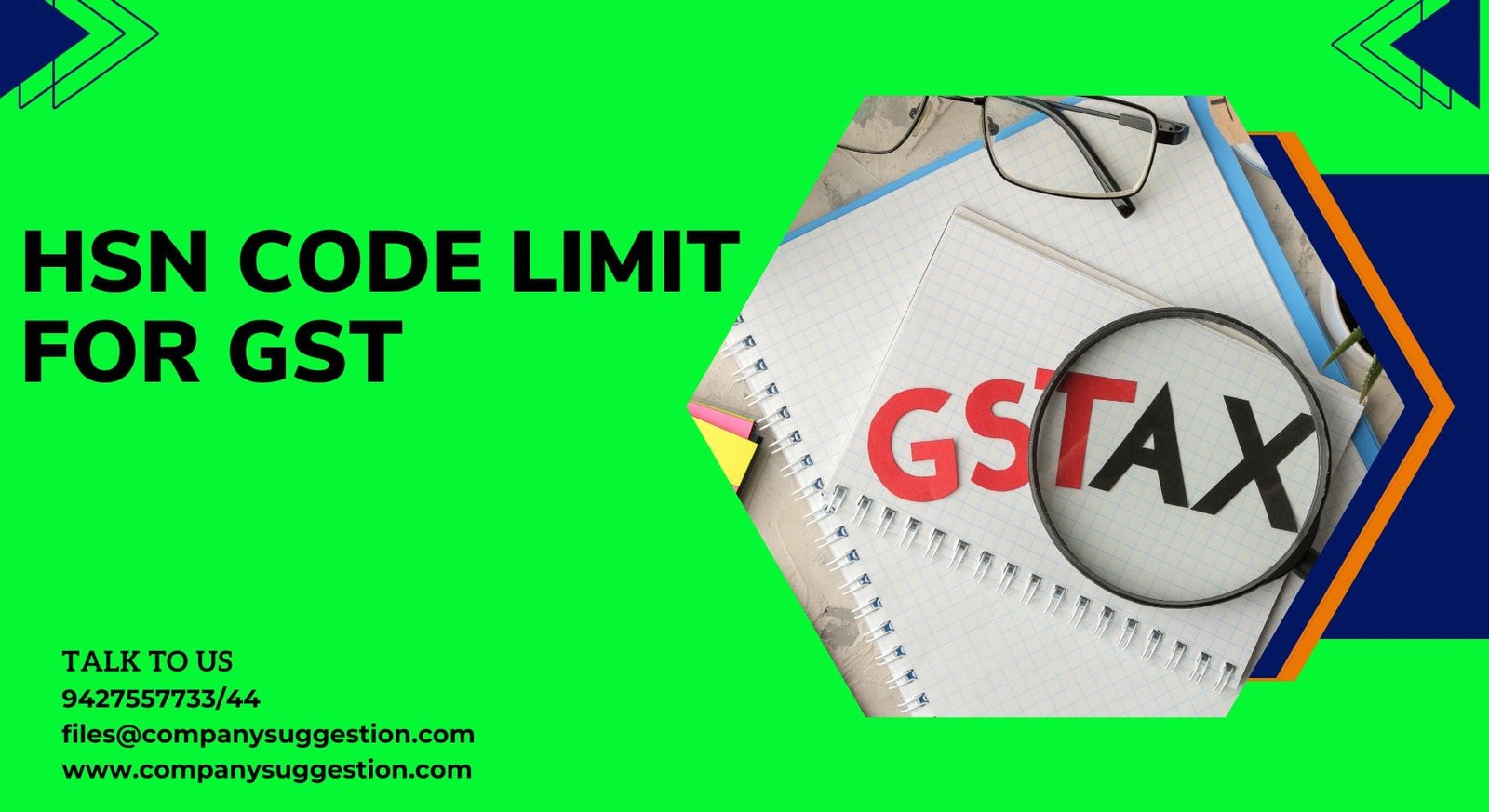Copyright in India
In India, copyright is governed by the Copyright Act of 1957, which has been amended several times, with the latest amendment being in 2012. The Act provides protection for original literary, dramatic, musical, and artistic works, cinematographic films, sound recordings, and computer programs.
Copyright is a part of IPR (Intellectual Property Right) and is a legal concept that grants exclusive rights to the creators of original works, allowing them to control the use and distribution of their creations. It applies to various forms of creative expression, such as literature, music, art, films, software, and more.
Copyright infringement occurs when someone uses, copies, distributes, or creates derivative works of a copyrighted work without permission from the copyright owner or without a legal basis, such as fair use or specific licenses. If a copyright holder believes their rights have been infringed upon, they can take legal action to enforce their rights and seek remedies.
Copyright encompasses several key features that protect the rights of creators and regulate the use of their works:
- Exclusive rights – Copyright grants the creator or owner of an original work exclusive rights over the use and distribution of that work.
- Originality – Copyright protection applies to original works of authorship. To be eligible for copyright, a work must possess a sufficient level of creativity and be fixed in a tangible form, such as a written manuscript, recorded audio, or digital file.
- Automatic protection – In many countries, copyright protection is granted automatically upon the creation of an original work. This means that as soon as a work is created and fixed in a tangible medium, it is protected by copyright.
TYPES OF COPYRIGHT IN INDIA
- Literary works: This category includes books, novels, poems, articles, computer programs, databases, and other written or typed works.
- To make variations of work.
- For a public performance of work.
- For giving away the work copies to the public.
- For reproducing the work.
- To translate the work.
- Musical works: This encompasses compositions, including songs, instrumental pieces, and musical arrangements.
- For reproducing the musical work
- To make any kind of variation to the work
- To provide copies of the work to the public
- Dramatic works: This category covers plays, scripts, screenplays, and other works intended for performance.
- For making any variations of the work
- To reproduce the work
- To make the work reach the public
- Artistic works: Artistic works include paintings, drawings, sculptures, photographs, architecture, and other visual or graphic creations.
- To include the artistic work in cinematographic films
- To make any adaptation to the work
- For reproducing the work
- Films and audiovisual works: Copyright protects movies, television shows, documentaries, animations, and other audiovisual productions.
- Sound recordings: Sound recordings refer to the fixed recordings of music, speeches, sound effects, or other audio content.
- Choreographic works: This type of copyright protects dance choreography and other forms of movement compositions.
- For allotting the cinematograph film to the public
- For making a copy or variations of the film
- Architectural works: Original architectural designs and blueprints can be protected by copyright.
- Software and computer programs: Copyright can extend to computer software, including the underlying code, program structure, and user interface.
- Compilations and databases: Copyright protection can apply to compilations of works, such as anthologies, encyclopaedias, directories, and databases, provided they exhibit originality and creativity in their selection or arrangement.
Conclusion
Copyright in India is very complex process, it require lots of knowledge and skills to get done in proper manner. If you have any doubt regarding this, then you can send your doubts on company suggestion and clear it.













